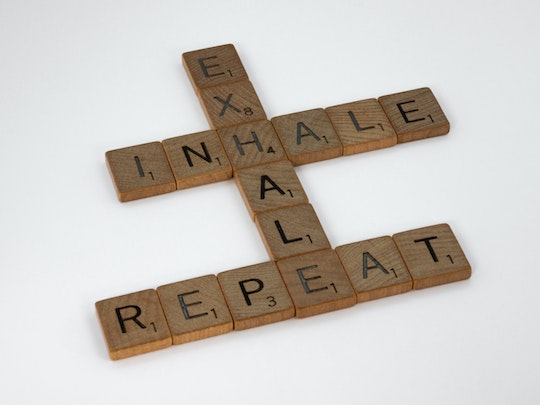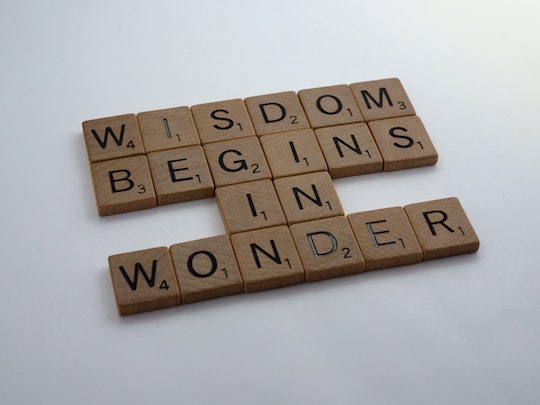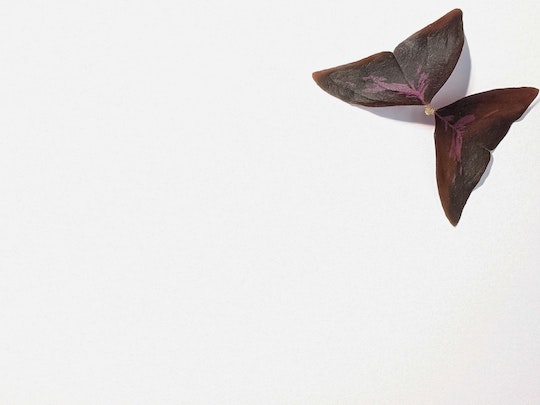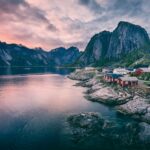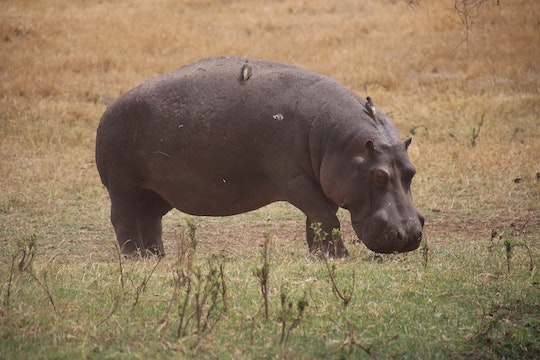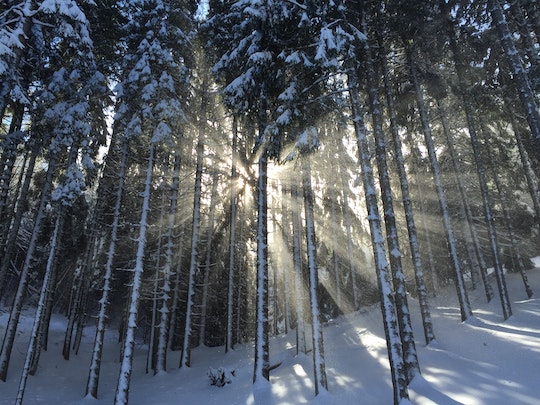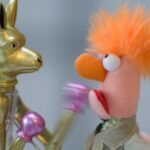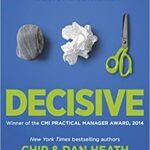“Reading is my inhale and writing is my exhale.”
—Glennon Doyle — American author and activist
How long can you hold your breath? Give it a try to see when you simply must exhale and take another. We can live numerous days without food and even water, but without our breath it’s lights out in minutes.
For me, the act of breathing has taken on greater significance over the past few years. I’ve developed the habit of daily meditation, in which the breath is my home base for greater mindfulness and self-awareness.
As a coach and person who has always valued personal development, reading the work of others has always been a priority and something I enjoy.
Writing, on the other hand, was a more recent addition around 10 years ago when I hired my own writing coach and began the Quotable Coach blog. Now with about 2500 posts under my belt, I’ve found my inhale of reading and exhale of writing have created a cycle of giving and receiving which feels essential to my life.
EXERCISE:
Where and how would taking some deep breaths in (reading) and full breaths out (writing) energize you and add more vitality and aliveness to your days?

